Think less or think better? The true effect of AI
Since the integration of tools such as ChatGPT, Copilot or Gemini into our daily lives, there have been multiple headlines warning about a supposed loss of cognitive skills, such as writing or autonomous thinking. What is the basis for these claims?

What science says: the brain adapts
A recent MIT study has provided a deeper and more interesting look at how our brains interact with artificial intelligence.
The team, led by Nataliya Kosmyna, divided 54 volunteers into three groups to write texts under different conditions: one without technological support, another with access to Google, and a third using generative artificial intelligence, namely ChatGPT. During the task, brain activity was measured using electroencephalography.
The study showed that, as technological support increased, brain activity in certain areas decreased, evidencing different ways of processing information. The first group, without technological assistance, activated regions linked to creativity, integration of ideas and self-control. On the other hand, those who used Google showed greater activity in visual areas responsible for interpreting the information on the screen, while the group that used ChatGPT activated mainly areas associated with automatic functions and the use of external resources for cognitive processing.
Furthermore, generated texts reflected this dynamic: works without digital support were diverse and creative, while those using AI were more homogeneous, indicating that AI can provide a consistent base on which to build, freeing the user to add value.
Far from confirming viral headlines of the “AI makes you dumber” type, this study has shown that the brain does not become weaker, but rather adapts. That is, by delegating certain cognitive tasks to AI, it decreases the immediate mental load, which can reduce deep processing effort and affect long-term memory formation. But here’s the important part: the brain doesn’t shut down, it reorganizes. Certain tasks may become more passive when AI is involved, but they also recognize something key: the way we use technology influences more than the technology itself.
AI is a tool, intelligence remains human
At Tym we believe that artificial intelligence is a powerful ally that allows us to move faster, with greater focus and purpose. It does not replace creativity or professional judgment: it empowers them. By automating tasks, it frees us to devote our energy to what really generates value: strategy, innovation and vision. Because artificial intelligence is only useful when it amplifies natural intelligence. And in that, no machine has yet beaten us.
